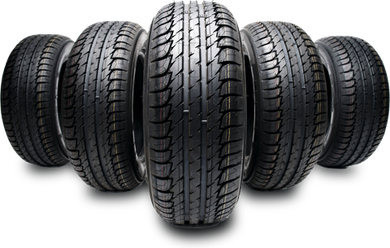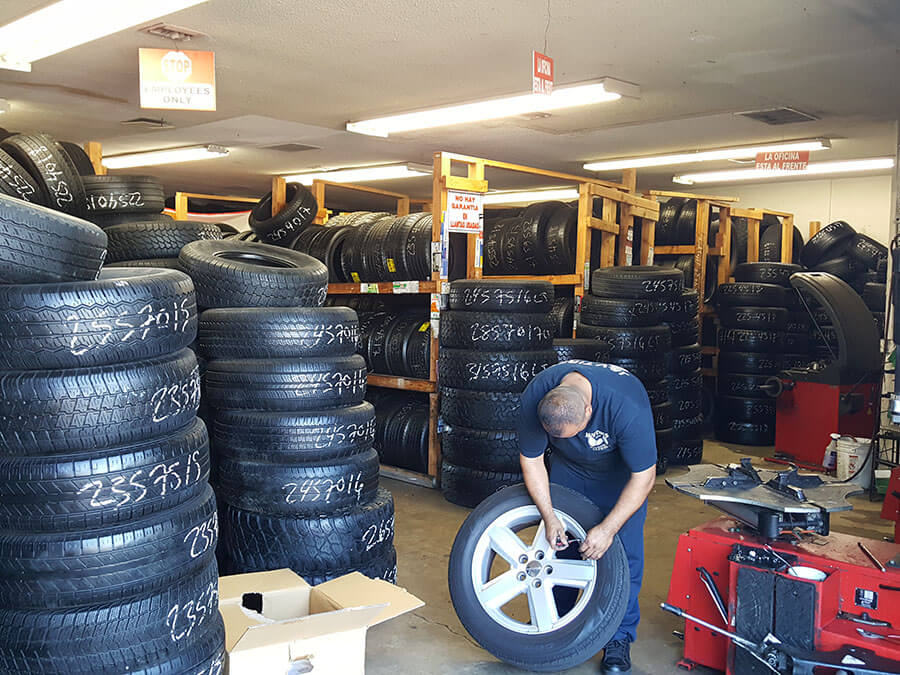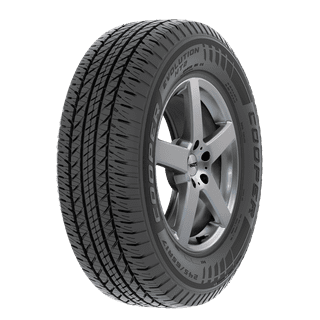Tire Service: The Impact of Weather
When it involves making certain ideal performance and safety on the roadway, recognizing the effect of weather problems on tire service is important. From scorching heat to icy roadways, each weather condition element can significantly affect tire performance and overall driving experience. By diving into the results of varying weather on tires, drivers can obtain useful insights that might boost their automobile's performance and longevity. In this conversation, we will discover the detailed relationship in between climate condition and tire service, clarifying the value of weather-specific tire maintenance methods and factors to consider.
Warmth and Tire Performance
When revealed to high temperatures, tires experience modifications in efficiency that can considerably influence vehicle safety and security and handling. The warm generated from extended driving or hot weather condition problems triggers the tire rubber to soften, leading to minimized walk life and boosted wear.
In addition, heats can increase the procedure of tire aging, creating the rubber to degrade quicker. This can cause fractures, protrudes, and other forms of damage that compromise the architectural honesty of the tire. To minimize the results of warmth on tire performance, motorists ought to regularly examine their tire stress, turn tires to ensure also put on, and check for any signs of damage. In addition, utilizing tires particularly designed to hold up against heats can aid keep ideal performance and security when driving.
Cold Climate Impacts
Winter problems can have a substantial influence on tire efficiency and safety. As temperatures decline, tire rubber can solidify, bring about decreased grip on icy or snow-covered roadways. In winter, tires may likewise shed atmospheric pressure a lot more rapidly, which can impact taking care of and fuel effectiveness. In addition, cold temperatures can trigger tire sidewalls to tense, increasing the danger of damages from fractures or other road dangers.
To alleviate the impacts of winter on tires, it is important to regularly check tire pressure and inflate them to the producer's recommended levels. Using winter season or all-season tires created for winter conditions can also improve traction and grip on icy or snowy roadways - discount tires morris il. Correct tire upkeep, consisting of routine assessments for wear and damages, ends up being a lot more crucial during colder months to make certain optimum efficiency and security
Rainy Conditions Impact
Tires with worn-out footsteps are more vulnerable to hydroplaning, where a layer of water builds up between the roadway and the tire surface area, leading to loss of grip. To battle this, vehicle drivers should frequently check their tires for ample tread depth and think about investing in tires particularly developed for wet problems.

Snow and Tire Security
When driving in snowy conditions, having the best tires can make a substantial difference in safety and efficiency. Winter season tires are made with special rubber substances and tread patterns to view it give better grip on snow and ice compared to all-season tires.
In enhancement to using wintertime tires, it is essential to guarantee they are properly blown up. Winter can trigger tire stress to drop, affecting traction and handling (morris tire and alignment). Regularly inspecting and keeping the correct tire pressure is crucial for optimal efficiency in snowy problems

Weather-Related Tire Maintenance
When confronted with various More Info weather, proper tire upkeep ends up being a vital element of car safety and efficiency. Weather-related tire maintenance encompasses a variety of techniques targeted at guaranteeing optimum tire feature and longevity in various weather condition scenarios. One vital element of weather-related tire maintenance is tire stress policy. Fluctuating temperature levels can cause tire stress to vary, influencing traction and gas effectiveness. Frequently adjusting and inspecting tire stress according to producer referrals is necessary for safe driving in transforming weather. Additionally, tire walk deepness plays a considerable duty in dealing with various weather aspects. Tires with adequate walk deepness provide much better grasp on wet or icy my response roadways, lowering the risk of hydroplaning or skidding. Inspecting tire tread consistently and replacing tires when walk wear gets to a certain depth is crucial for keeping traction and stability in negative climate. By focusing on weather-related tire maintenance, motorists can improve safety, boost car performance, and extend the life-span of their tires.
Final Thought
In conclusion, climate conditions have a substantial effect on tire performance and safety and security (mopar tire service specials). From warmth impacting tire pressure and use to cold climate decreasing grip, it is vital to consider the climate when maintaining and making use of tires.
In this discussion, we will certainly explore the complex relationship between weather problems and tire service, losing light on the significance of weather-specific tire upkeep practices and factors to consider.
